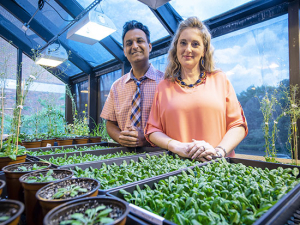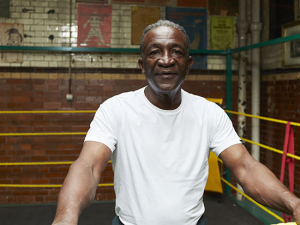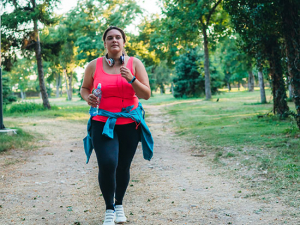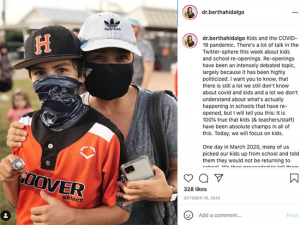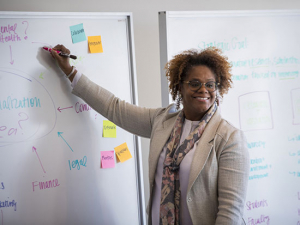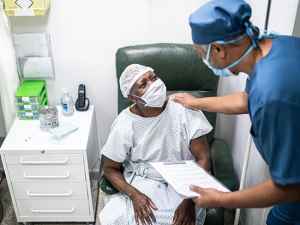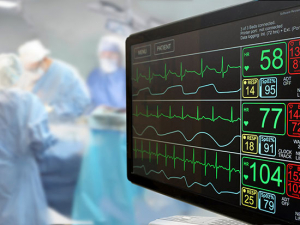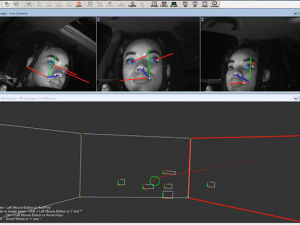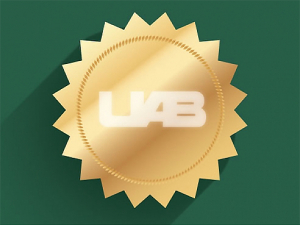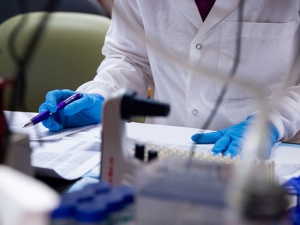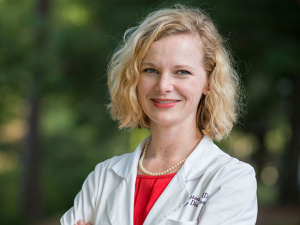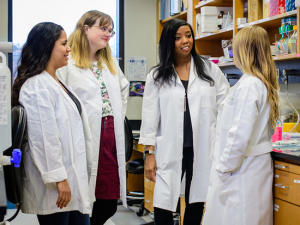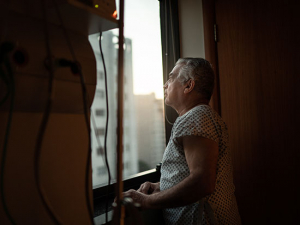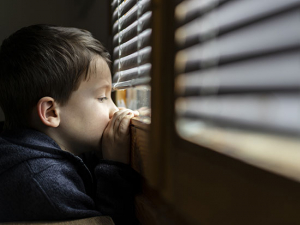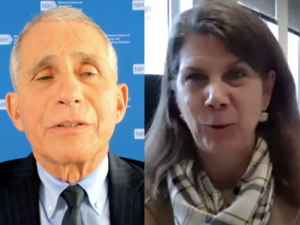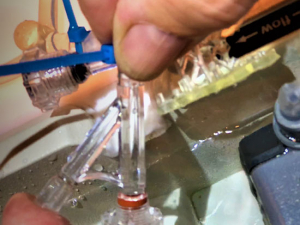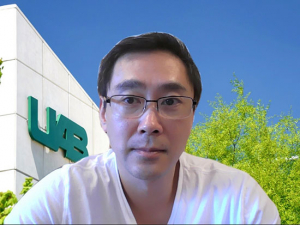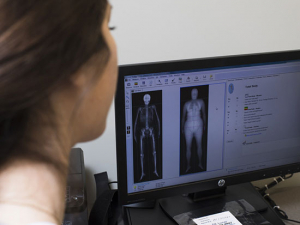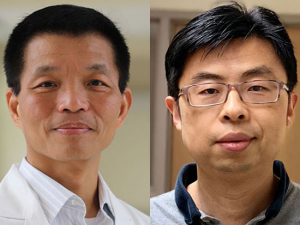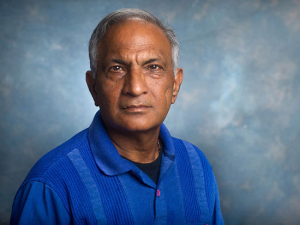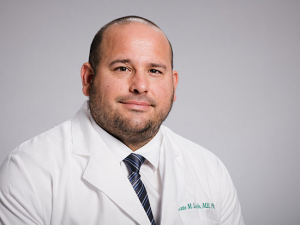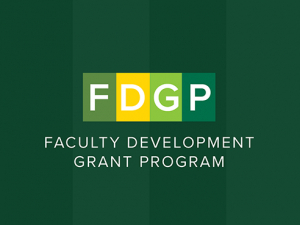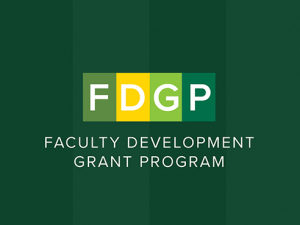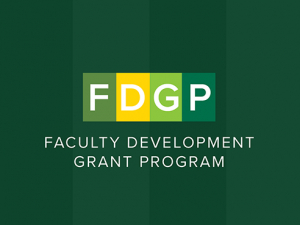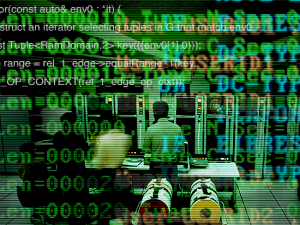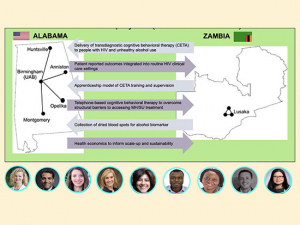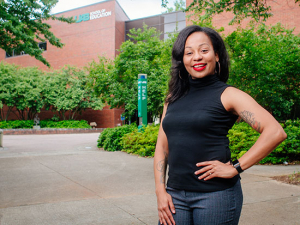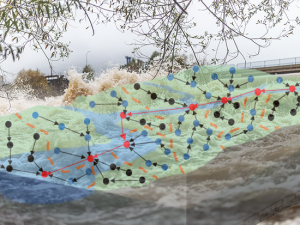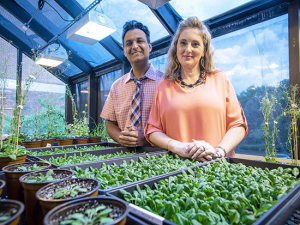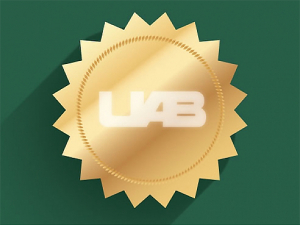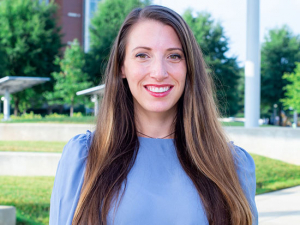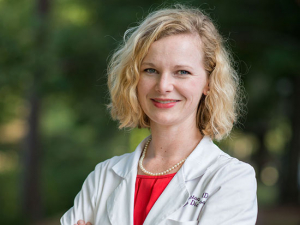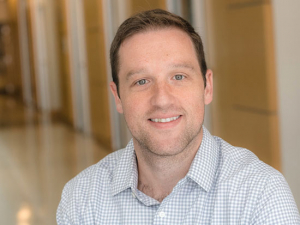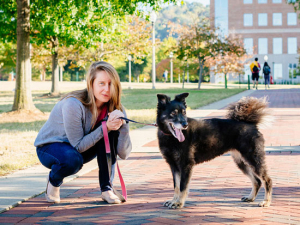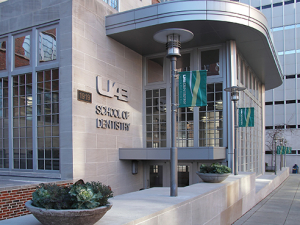Displaying items by tag: research
The free toolkit, with validated data resources and original source documents, is housed in UAB’s Canvas platform and accessible with a Blazer ID.
Assistant Professor Noha Sharafeldin, MBBCh, Ph.D., presented cancer-related findings from the massive N3C database of records from COVID-positive patients at 55 institutions nationwide, including UAB. Results — including a significant increase in risk of death among patients who recently had chemotherapy — were published simultaneously in the Journal of Clinical Oncology.
An AI model created by faculty in CAS and Engineering analyzes driving performance in seconds instead of hours — and could eventually teach new drivers to drive well.
The Faculty Development Program supports junior faculty as they explore research initiatives, creative works, publications and presentations.
Could a low-sugar diet overcome insulin issues and a lifetime of weight struggles? That’s the question being studied by Barbara Gower, Ph.D., in a five-year, $1.9 million study.
Clinical trial results published this year are better than any other medication and have study scientists excited, including UAB’s Timothy Garvey, M.D. Get the latest on what Garvey calls “a very powerful tool to treat obesity.”
Responding to a challenge like none other, investigators made crucial discoveries, developed new treatments and went above and beyond to serve the campus community and beyond.
Pilot funds enable cross-campus collaborations focused on mobility with disabilities and older caregivers with HIV.
By holiday season 2020, Assistant Professor Ellen Eaton, M.D., was almost ready to give up pursuing research funding and focus solely on patient care. She took one more shot, which paid off with two major new grants.
As UAB hosts screenings of a highly praised documentary on women scientists, meet several pioneers on campus.
Constraint-Induced Therapy, developed at UAB and used worldwide to help patients regain function after stroke, will be tested as therapy for patients with cognitive difficulties following COVID-19 infection.
In keynote addresses at UAB’s COVID-19 Research Symposium, Anthony Fauci, M.D., and Kathleen Neuzil, M.D., shared the latest science on how COVID-19 spreads and the safety and efficacy of vaccines in late-stage trials.
With his idea for a coil that travels through the vasculature much like a sailboat riding the breeze, a UAB neuroradiologist has earned a commercialization grant from the U.S. Economic Development Administration.
Learn how UAB bioinformaticist Jake Chen, Ph.D., and computer scientist Da Yan, Ph.D., shifted their venerable gathering online and aided the fight against COVID-19.
A faculty member in the School of Health Professions turns his own experiences running research projects into a vision for a comprehensive, automated digital solution with the help of funding from the U.S. Economic Development Administration.
With funding from UAB’s urgent COVID-19 research grants, researchers are testing penehyclidine to halt the acute respiratory distress syndrome seen in seriously ill patients by defending crucial cell barriers.
A novel detergent-like compound developed by UAB researchers that blocks HIV and HSV viruses from entering cells could have the same effect against the virus that causes COVID-19. The team is exploring the compound’s potential with a commercialization grant from the U.S. Economic Development Administration.
